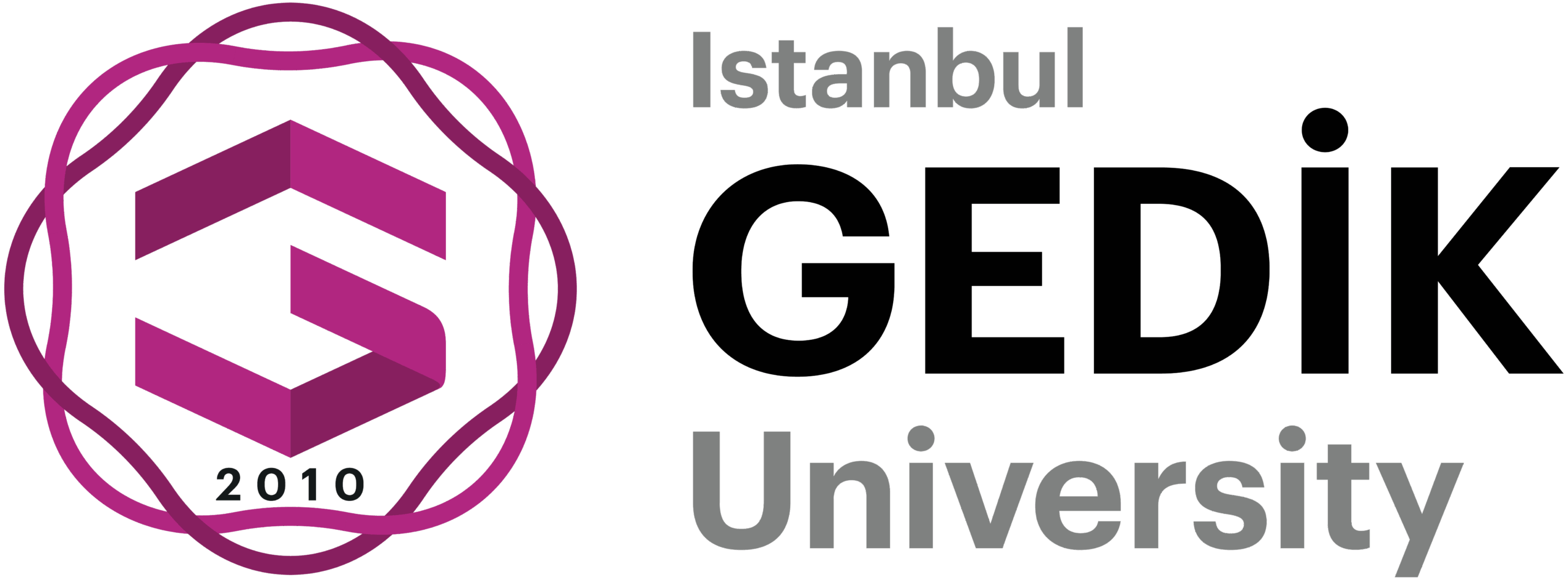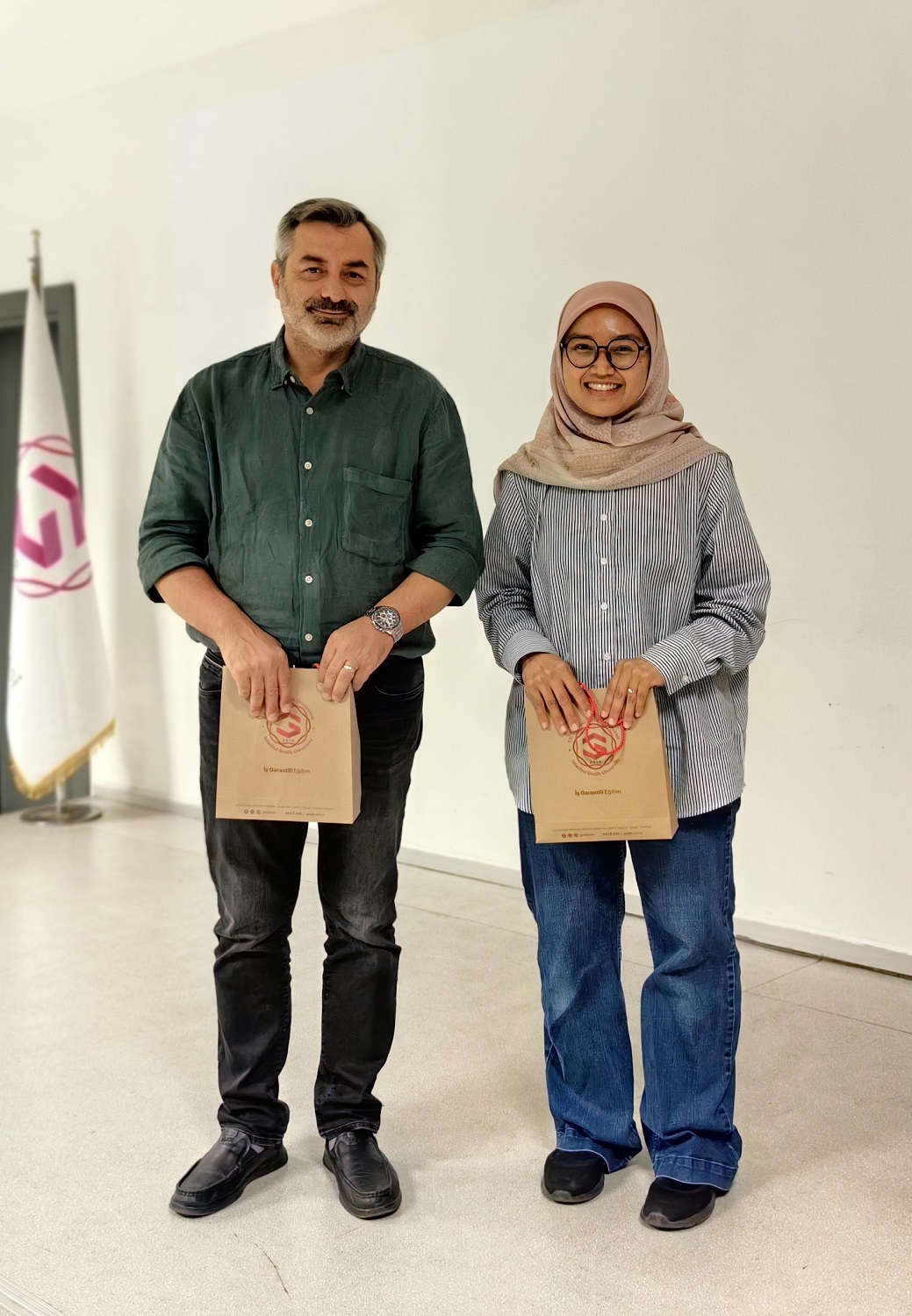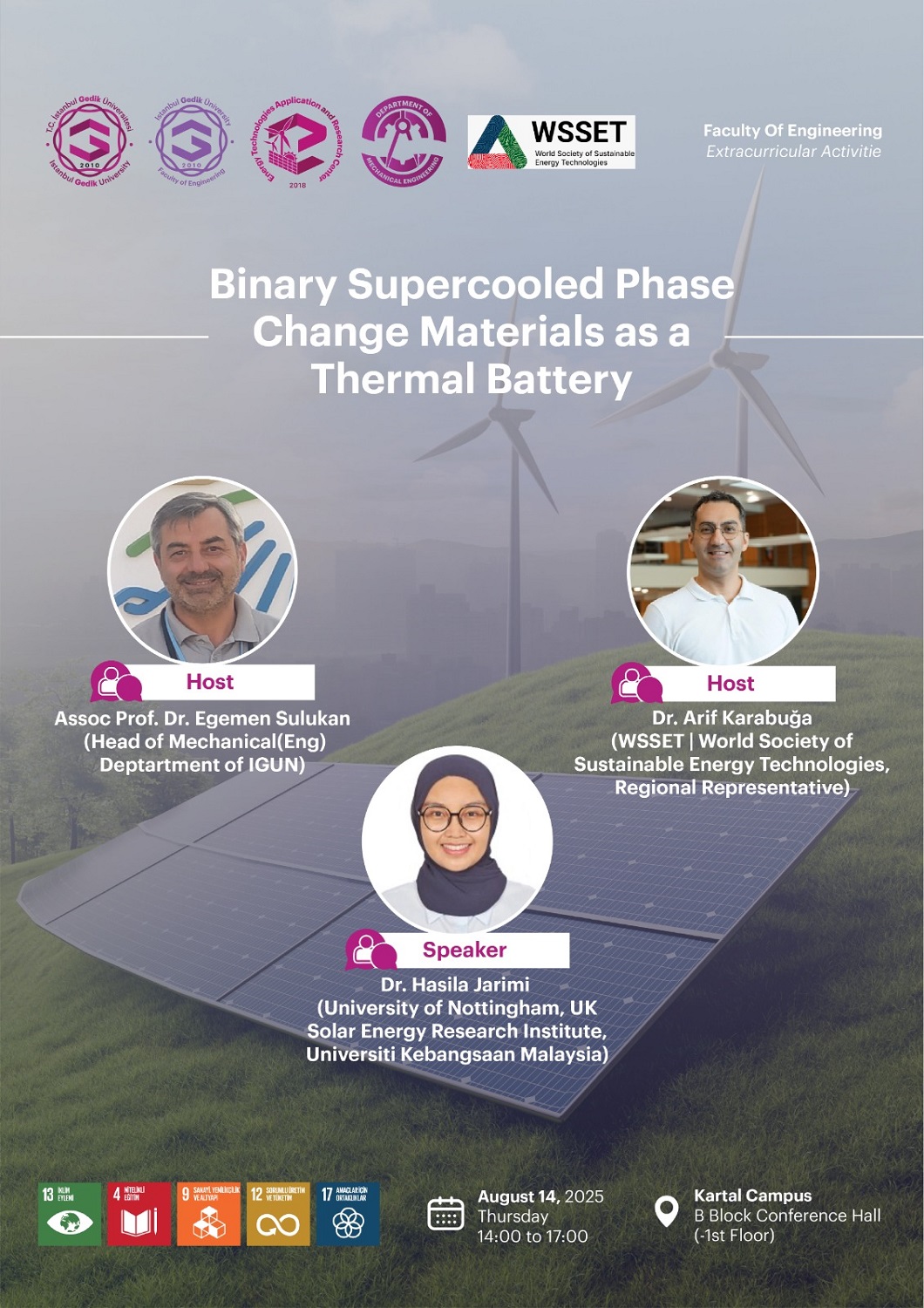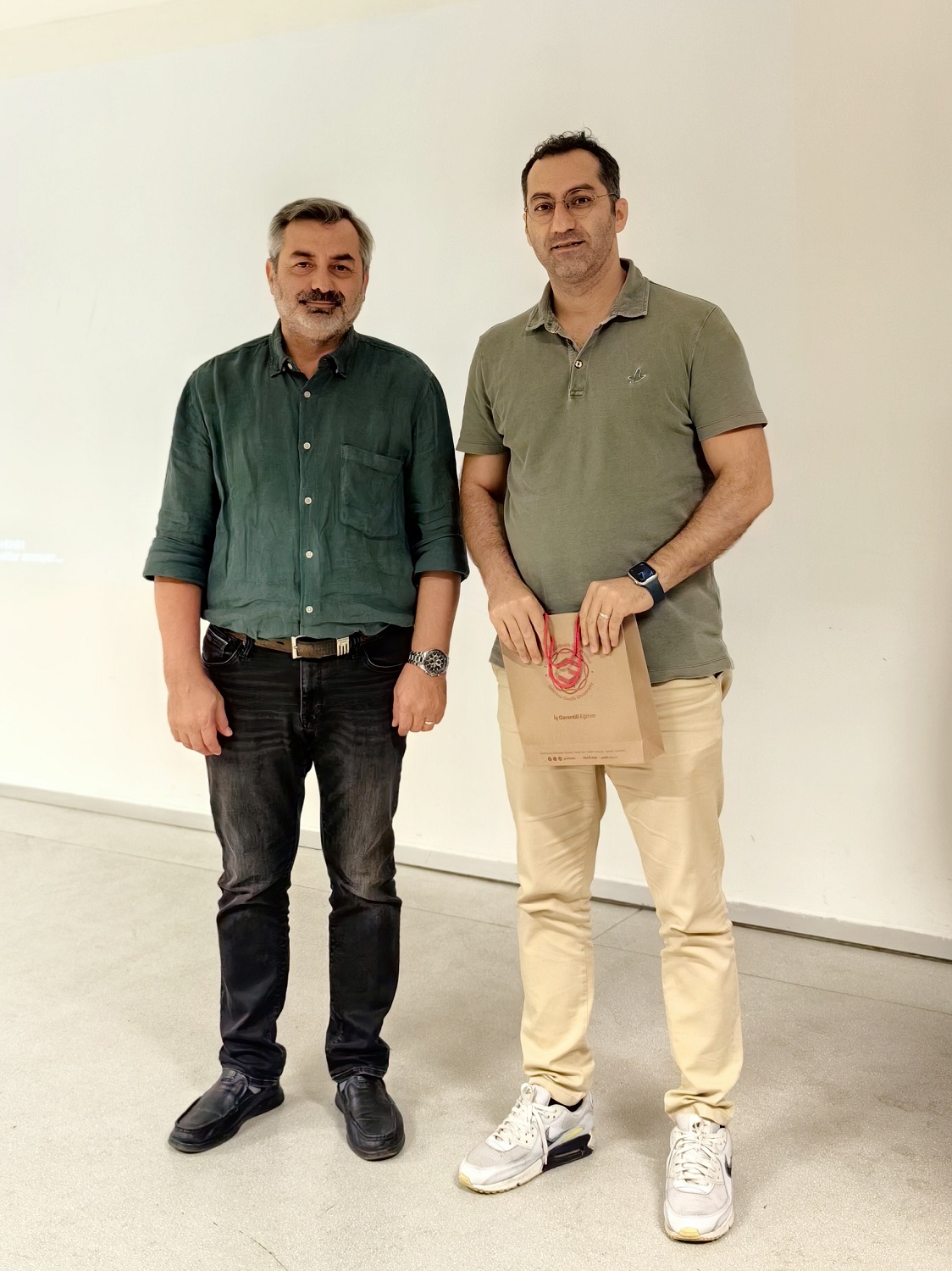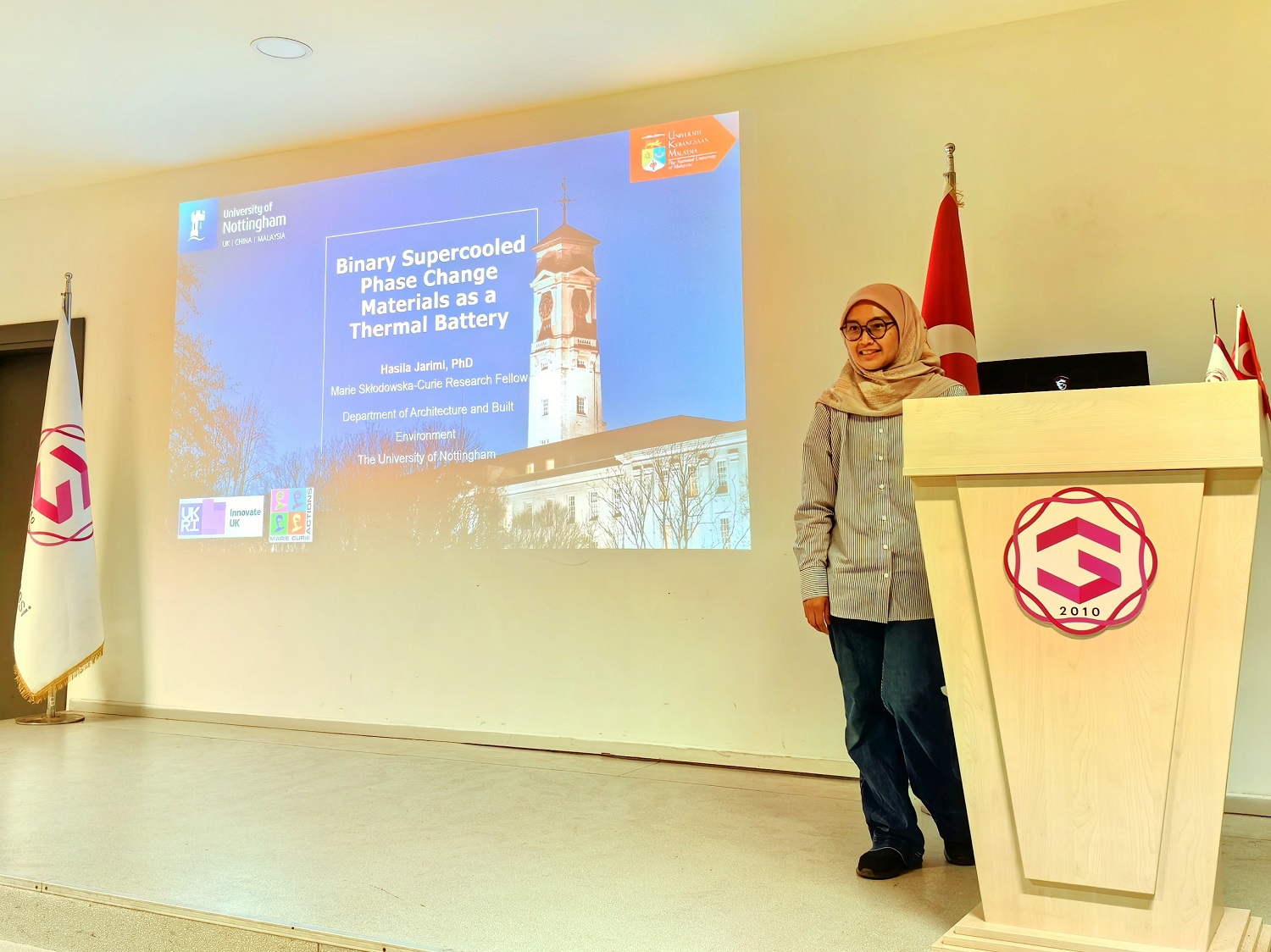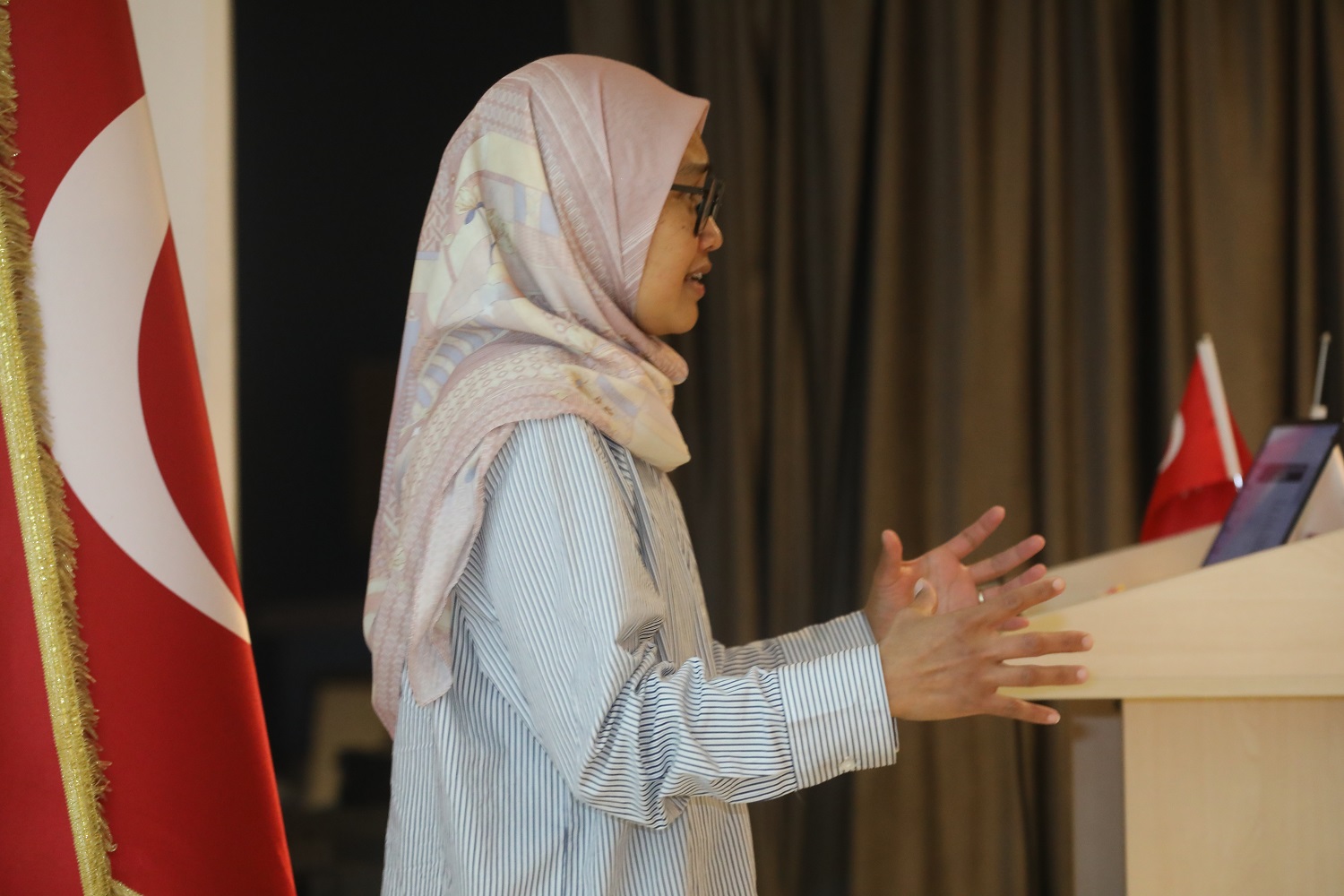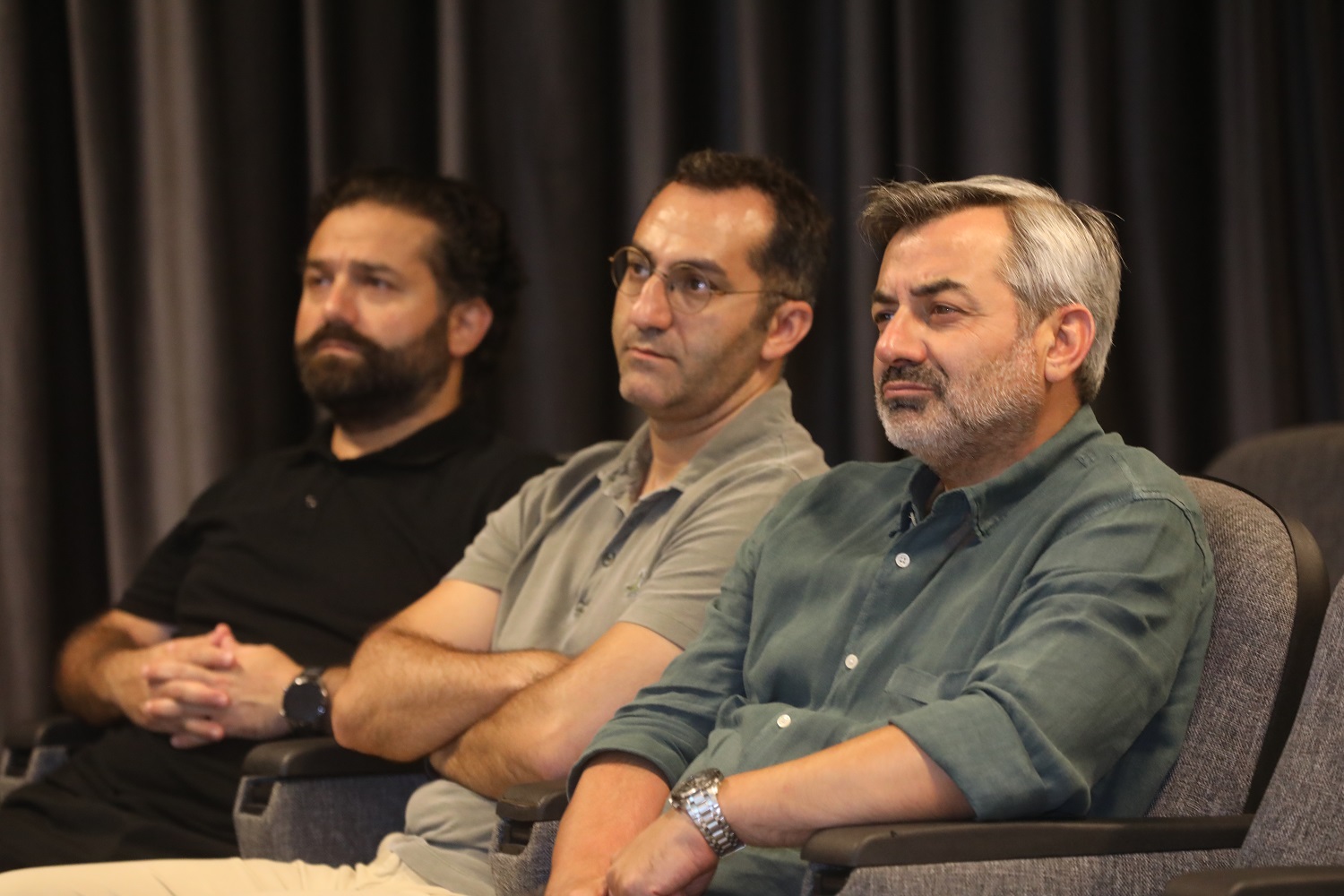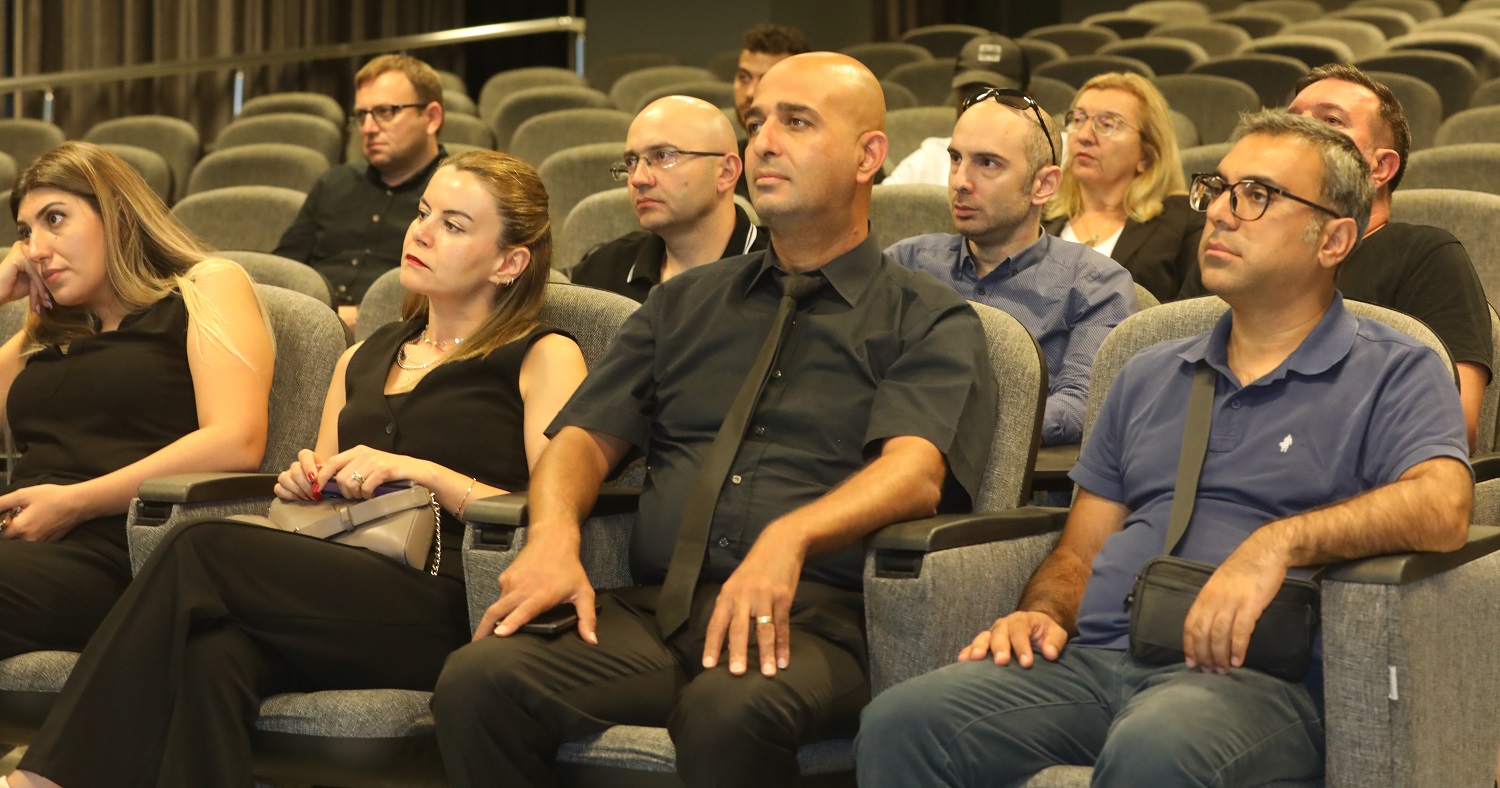Seminar on Binary Supercooled Phase Change Materials as Thermal Batteries
The Department of Mechanical Engineering (English) at İstanbul Gedik University, in collaboration with ETUAM – Energy Technologies Application and Research Center, hosted Dr. Hasila Jarimi, Marie Skłodowska-Curie Research Fellow, for a seminar titled “Binary Supercooled Phase Change Materials as Thermal Batteries.”
The presentation began with an overview of the aims of the research, including the definition of supercooled phase change materials (PCMs), their thermodynamic background, and their potential role in energy storage. Dr. Jarimi introduced the audience to her Marie Curie Fellowship project, outlining the focus on sugar alcohols as supercooled PCMs and the use of binary mixtures to enhance stability and performance.
She highlighted the broader motivation for this research, emphasizing the growing demand for thermal energy storage as a cost-effective, safe, and sustainable alternative to conventional batteries. The seminar also placed the work in the context of EU directives on energy performance in buildings, the UK’s 2050 energy storage targets, and the importance of renewable-based solutions for both urban and off-grid areas.
During her presentation, Dr. Hasila Jarimi spoke about the project titled SuperThermalBattery, explaining that it aims to support the EU and UK transition to green heating solutions powered by solar energy. She noted that the project introduces new materials and triggering methods, combined with simulation and modelling using TRNSYS and MATLAB, to assess performance and application potential.
In the conclusions, Dr. Jarimi discussed optimization opportunities for supercooled PCM thermal batteries, possible integration with Organic Rankine Cycle (ORC) systems, and the need for further work on machine learning, detailed modelling, and economic as well as environmental assessment.
The seminar was kindly hosted by Assoc. Prof. Dr. Egemen Sulukan and Dr. Arif Karabuğa, with active engagement from faculty members, researchers, and students.
The project is funded by the Marie Skłodowska-Curie Actions of the European Union.
